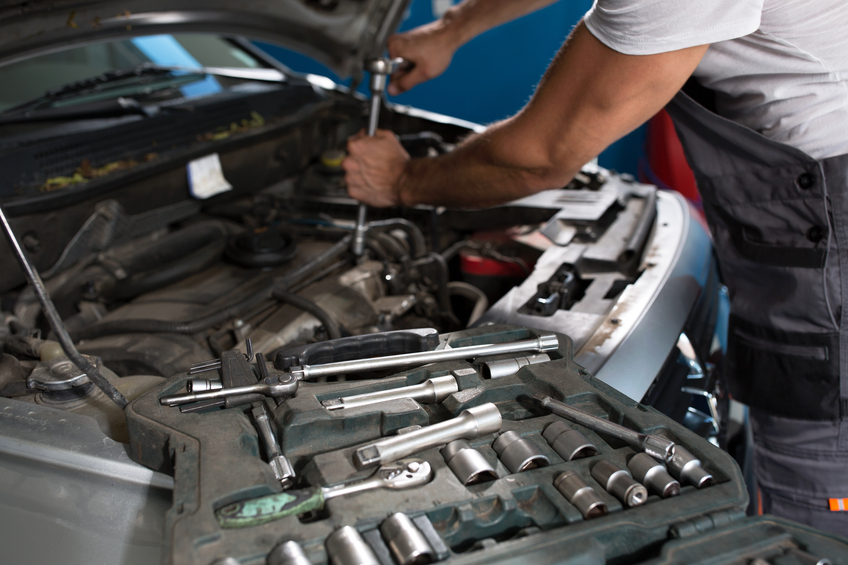Are Declining ‘Muscle Car’ Sales a Sign of Things to Come? What it Means for Auto Service College Students
Muscle cars are very distinctive. With the roar of their engines and the power packed into each car, they stand apart from other midsize cars like crossovers and SUVs. They evoke performance icons from the 1960s, back before cars were the sleek, fuel-efficient, necessary utility that they are today. Muscle cars, however, are going through a bit of a rough patch; after a year where their sales reached a five-year high, their numbers are down substantially.
The three predominant muscle cars in North America are the Ford Mustang, Chevrolet Camaro, and Dodge Challenger, and each of them have experienced a substantial dip in sales so far in 2016.
If you’re interested in working as an auto technician, this shift in the consumer mindset is important for you to understand as well, because you’ll be dealing with different types of cars all the time. Read on to discover more about this current trend.
Students at Auto Service College Might Know That Loyalty in the Segment Is Increasing
Despite the declining sales of muscle cars, the percentage of customer loyalty has increased in the last five years. For customers who owned any of the cars mentioned above, a quarter of the ones who had to get a new car stayed in the muscle car segment of the market. These consumers tend to like the various attributes of the car—from the styling to the transmission—and so keep coming back to it.
Despite the stability of that segment of the market, it is having trouble attracting new customers—which explains why the volume of sales is going down. Students thinking about a career as an auto service technician might want to be aware of this trend because it could impact the amount of times they’ll be able to see and service muscle cars.
Graduates of Auto Service Programs Are Aware That Muscle Car Sales Are Discretionary
Generally, car sales occur for either functional or discretionary reasons. A functional car purchase is when a consumer purchases a car with the knowledge of its benefits, fuel efficiency, size of the tank, power of the engine, and a host of other features that determine how well it’ll function. In this case, the customer is trying to determine whether the functionality of the car aligns with their automotive needs. Muscle cars (and luxury cars, as well) are not functional purchases, they are discretionary. Discretionary purchases are made at the whims of the consumer, because they ‘like it’ or ‘want to,’ and the actual specs and functionality of the car are sometimes not the primary focus.
However, New Improvements to These Cars Have Made Them Better Than Ever
Graduates of auto service programs might know that even if customers make purchases for discretionary reasons, they still need their car to function well. For example, the newest Camaro is lighter than previous models and the Mustang has independent rear suspension. What all that means is that the declining sales trend cannot be blamed on the capabilities of the muscle cars; they are still good cars, there’s just not as much growing interest in them as there used to be.
The declining sales trend for muscle cars is occurring despite the targeted segment of the market remaining loyal to the product and the capabilities of the cars being better than ever. It is likely a result of the fact that muscle cars are discretionary, not functional purchases. Nevertheless, understanding this trend is important for future auto service technicians, because it could hint at the types of cars they’re likely to see and service in the future.
Have you been thinking about going to auto service college?
Visit Automotive Training Centre for more information or to speak with an advisor!


